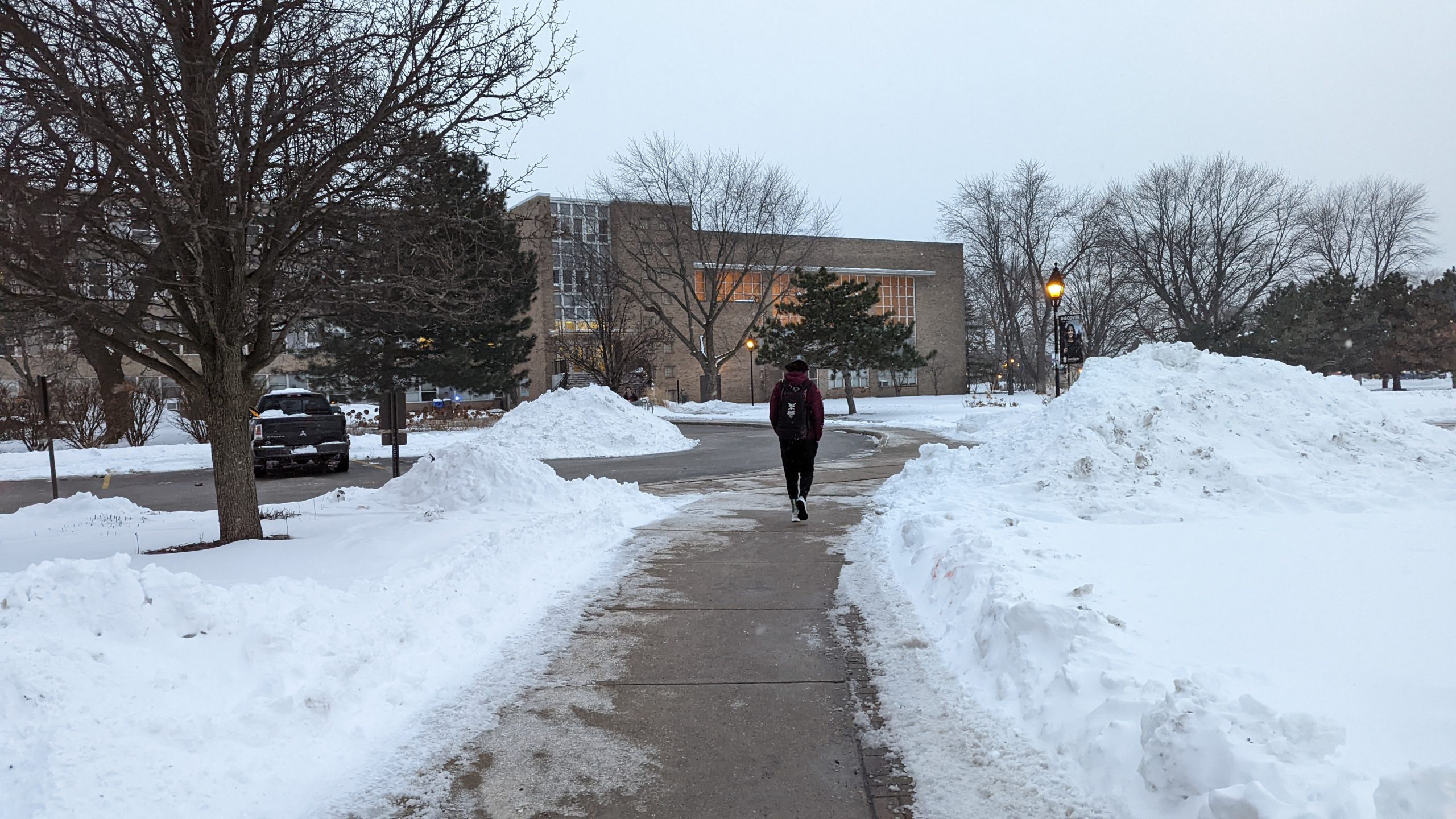Some Saint Xavier students and staff have noticed a shift in their mental health due to the Coronavirus pandemic.
Senior Victoria Gonalez says she’s “absolutely tired of Covid” because it has taken an emotional toll on her. “It is kinda harder to live my life now that there are so many do’s and don’ts to public places. I am just tired of hearing it and seeing it everywhere,” she noted.
Gonzalez continued: “I have lost a few people throughout these challenging times, so it was the constant worry and overthinking that something could happen again or something worse.” Gonzalez thinks there’s ‘something new’ happening every day—especially at work when they’re ‘understaffed.’
“It feels like I am constantly being thrown a curveball,” Gonzalez mentions, adding, “All this has definitely affected my mental health and some days I am just mentally checking out.”
In a Zoom interview conducted on Feb. 10, Director of Counseling Keiana Winters, Ph.D. said the SXU counselors are seeing students with “high [levels of] anxiety.” This is due to more isolation—and ‘not a lot’ of socializing. Winters calls them ‘abnormalities.’
On Jan. 13, The Counseling Center launched a new partnership called Talkspace, an online therapy service that helps counselors connect with patients. It also offers accommodations to students who cannot afford therapy or time for check-in appointments.
Transfer Student Jessica Ford felt a ‘positive change’ in her well-being, as Covid happened.
“Prior to the pandemic I was just learning how to acknowledge my mental health and the pandemic let me focus on the management of mental health,” mentioned Ford. It gave her a ‘pause’ in her busy life to learn management skills.
In a Feb. 4 email interview, Language & Literature Norman Boyer, Ph.D. says he’s had “no real problem” adjusting to Covid. During the pandemic, Boyer tried shifting to a hybrid format for his Spring 2021 semester courses. But he luckily found a better solution.
“One new thing I did for my literature classes was to record a Zoom video commentary on each day’s reading that I could then post. I’ve kept those since then,” he said.
There’s only one exception in his book: Student Absences. “Some classes have done well with attendance, but one has been really spotty all semester, for various reasons,” Boyer states. “So except for the attendance issues and having to teach in a mask, I’m pretty much feeling back to normal.”
Winters believes that faculty were having to figure out “the next step” of managing class instruction, with fewer students participating. She claims that most students treat class attendance—either online or in-person—as ‘optional.’
“It’s a different experience,” explained Winters. However, she told The Xavierite there’s another reason a student’s academic performance is affected: through set priorities. “There are things that are happening around us, whether it happens or is directly correlated with the pandemic that are causing disruptions in class,” Winters said.
Boyer praises students’ response to Covid concerns. “I know lots of students have had a hard time during the pandemic, especially those who spent most of it in high school, and that those problems are compounded with family and work issues that have to be dealt with,” mentioned Boyer.
“These are students who are doing it for their families and with their families standing behind them, not just for themselves. We owe them all of the support we can give them to help them along, pandemic or no pandemic,” he said.
Winters described an end to the pandemic as ‘subjective,’ but she hopes people would “deal with what’s right in front of [them].”
“So if it’s a paper that you have here or if that’s a virtual lecture, let’s get through the day and then worry about next week, when next week happens.”
Winters continued: “When you’re in a pandemic, it is perfectly normal to feel disconnected, to feel anxious…and to be on that spectrum,” she adds. “It’s okay to not feel every minute of [your] schedule…and fill in that time for [yourself].”
Winters says students will still be provided with the “support they need” from the University’s Counseling Center—free of cost

